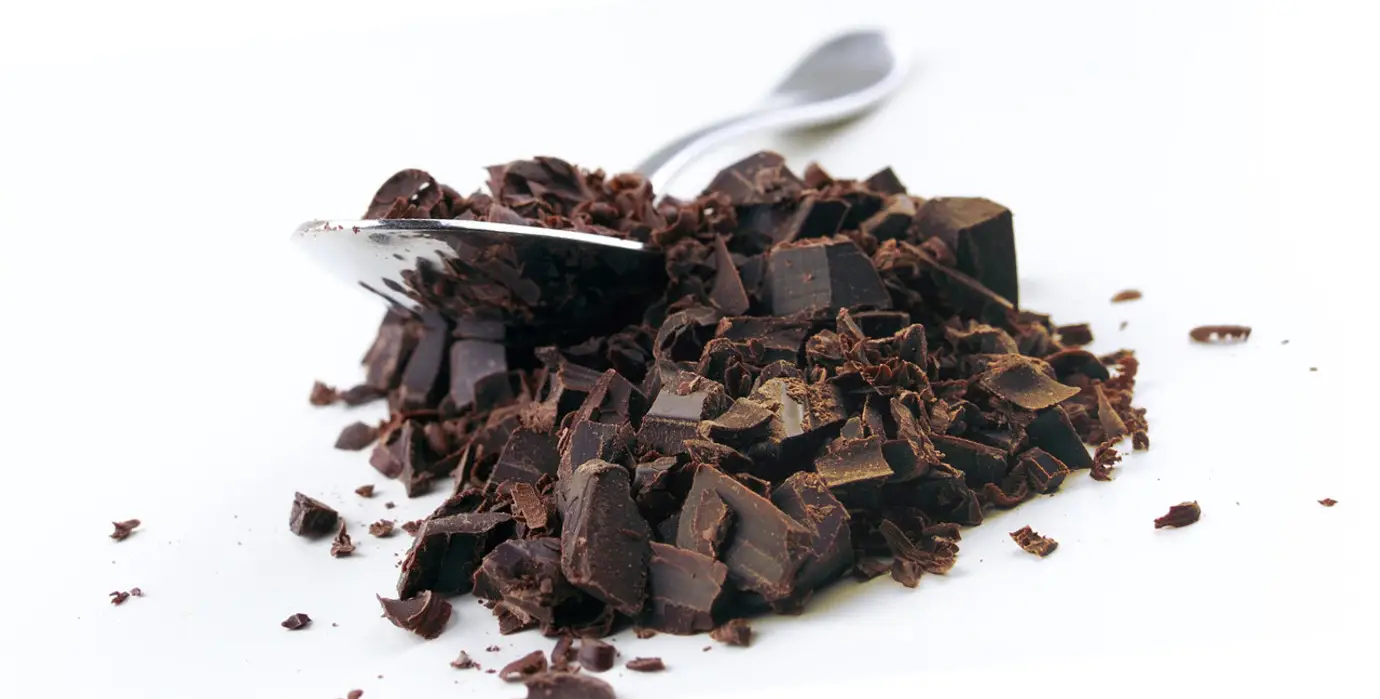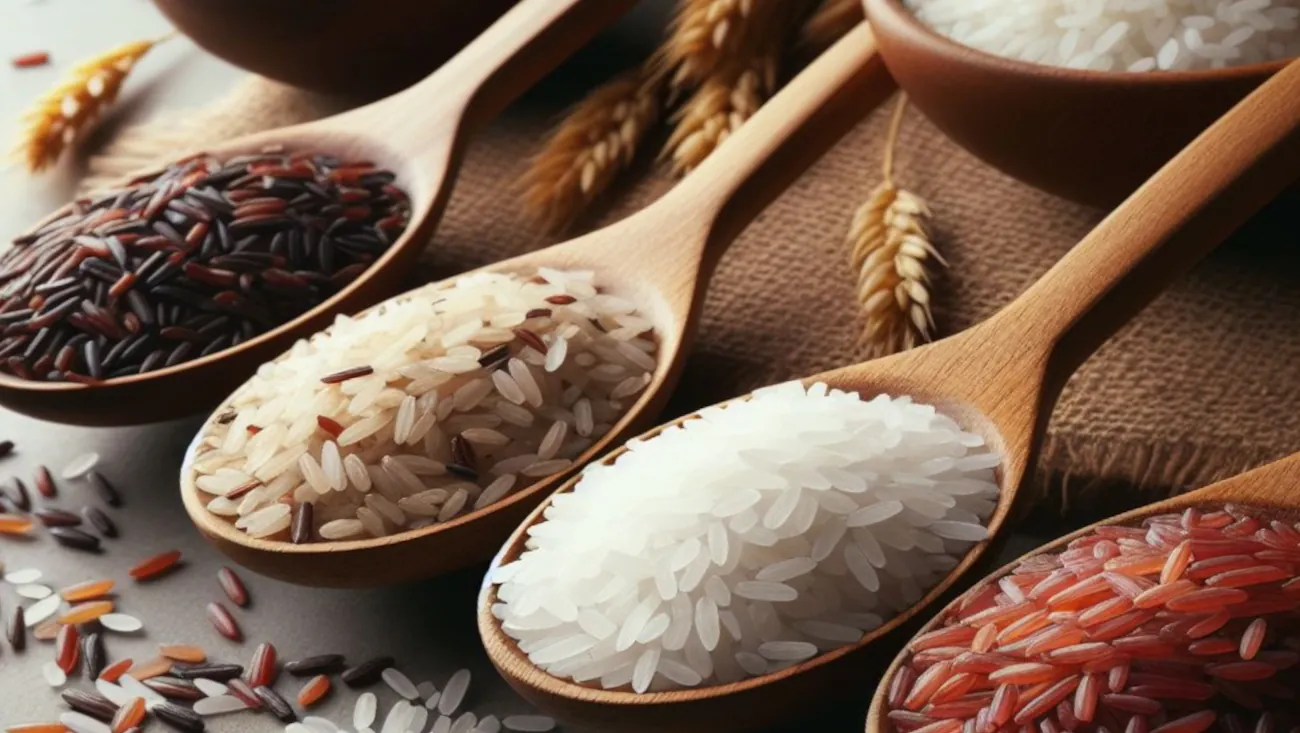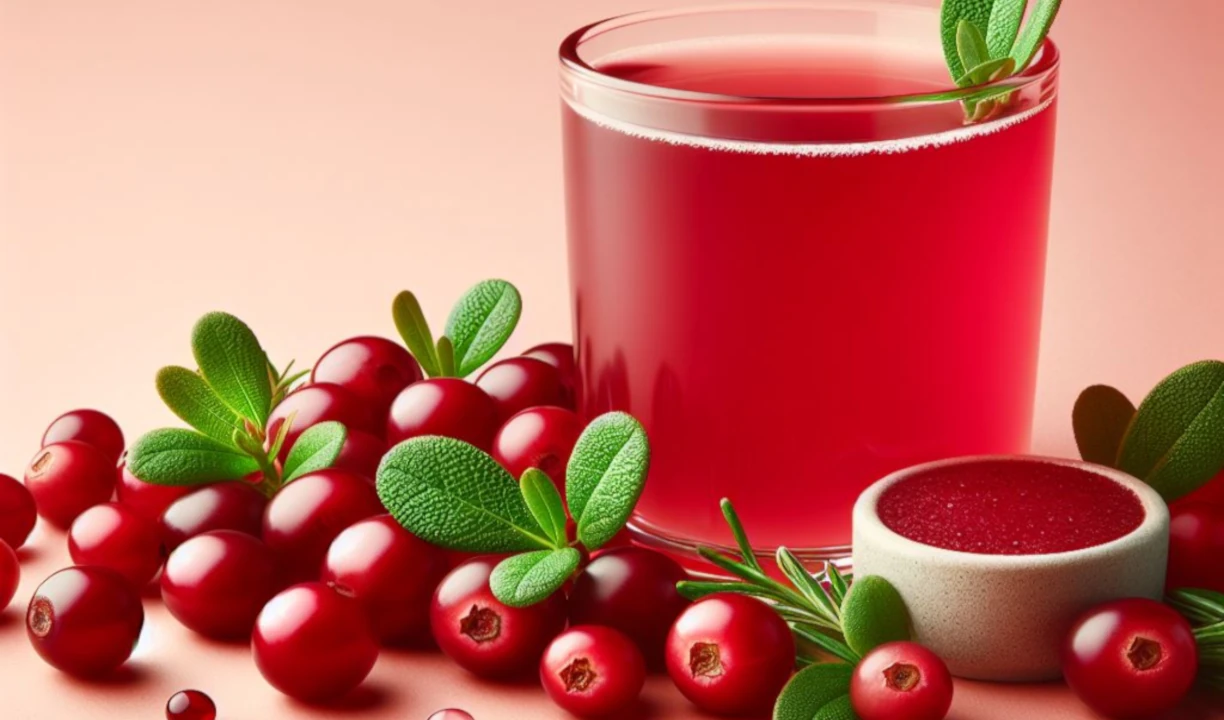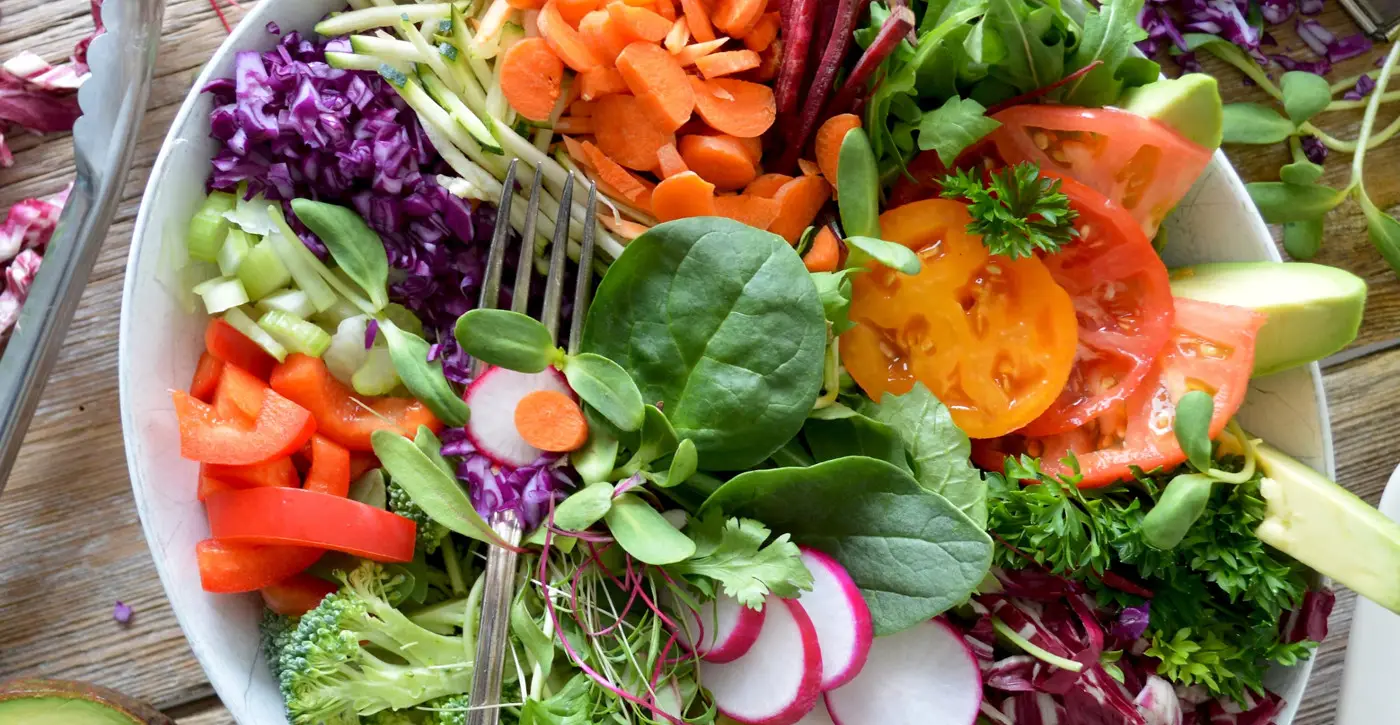Collards Lysine and Arginine Info Sheet
Overview
Collards are a leafy green vegetable that are related to kale, cabbage, and broccoli.They have a dark green color and a slightly bitter taste. They are typically cooked with bacon, ham, or other meats and served as a side dish.
Collards are a nutritious vegetable that are high in vitamin A, vitamin C, vitamin K, calcium, iron, and fiber.
They may help lower cholesterol, support bone health, and prevent anemia.
| Name | Lysine (mg/100g) | Arginine (mg/100g) | Ratio |
|---|---|---|---|
| Collards | 140mg | 72mg | 1.944 |
Collards contains 140mg of Lysine and 72mg of Arginine per 100g of product.
This means Collards has a high Lysine-Arginine ratio of 1.944.
Because Collards contains much higher levels of lysine than arginine, it is highly recommended for people who suffer from herpes, as it may prevent outbreaks.
Lysine Considerations
Collards are a high source of lysine, an essential amino acid that is important for protein synthesis, collagen formation, and immune function.
It's one of the nine amino acids that the body can't produce, so it must be included in our diet.
Lysine has a variety of roles in the body, such as aiding in growth, healing, energy production, immune function, and the production of collagen.
Research indicates that lysine may have an impact on the herpes virus, which is responsible for cold sores and genital sores.
Taking lysine supplements or using lysine cream could potentially prevent or treat these infections by inhibitnig the amino acid arginine, which the virus requires for growth.
Arginine Considerations
Collards are a low source of arginine, another amino acid that is involved in nitric oxide production, wound healing, and blood pressure regulation.
Arginine can benefit your health and performance, such as lowering your blood pressure, healing your wounds, and boosting your exercise endurance.
Arginine can be made by the body or obtained from foods like meat, dairy, nuts, and soy.
Unfortunately, the herpes virus is known to "feed" on arginine, and having a diet higher in arginine than lysine may increase the occurrence and severity of cold sores and herpes outbreaks.
Lysine-Arginine Ratio
Collards have a high lysine-arginine ratio, which means that they favor lysine over arginine.
This may be beneficial for people who need to increase their lysine intake for various reasons, such as herpes treatment, muscle growth, or calcium absorption.
Lysine and arginine are both amino acids that are involved in protein synthesis and other metabolic processes.
That said, they have opposite effects on the herpes simplex virus, which causes cold sores and genital herpes.
Lysine can prevent the replication of the virus, while arginine can stimulate it.
Because of this, eating foods that have a high lysine-arginine ratio may help reduce the frequency and severity of herpes flare-ups.
Some examples of foods that have a high lysine-arginine ratio are dairy, fish, poultry, fruits, and vegetables.
These foods can provide the body with enough lysine to block the uptake of arginine by the virus, and thus prevent its growth and spread.
Dietary Considerations
Dark leafy greens are a type of vegetable that is generally a good source of in fiber, calcium, iron, and vitamin K.
Dark leafy greens are high in both lysine and arginine, but the amount is almost equal.
This means that dark leafy greens have a balanced ratio of lysine to arginine, which makes them neither beneficial nor harmful for people with herpes.
Dark leafy greens can be eaten raw, cooked, or blended in smoothies.
Some examples of healthy dark leafy greens you should add to your diet are spinach, kale, collard greens, and Swiss chard.
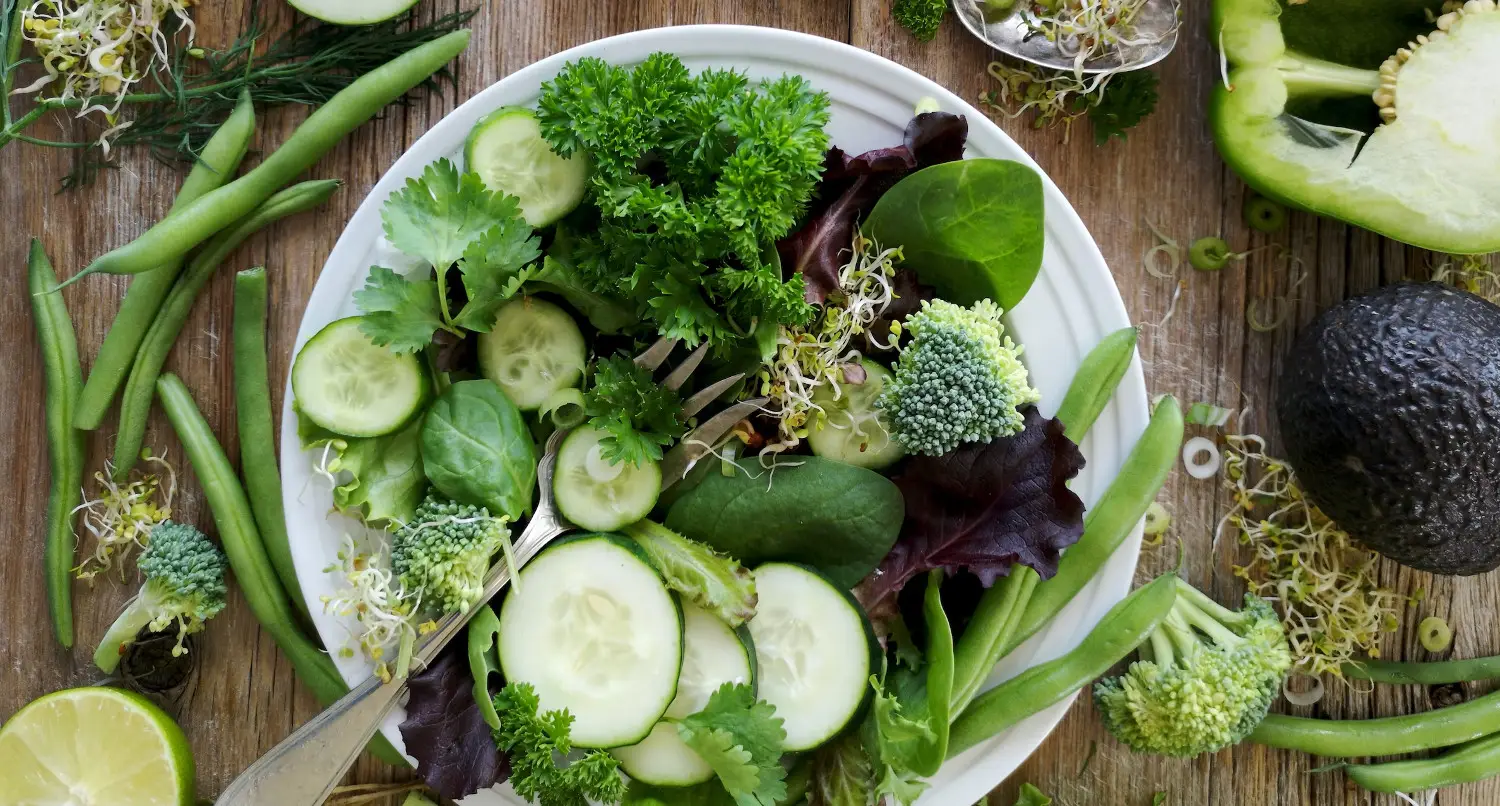
For instance:
A diverse and nutritious diet that supports your immune system and fights inflammation is essential.
This means you should eat lots of fruits, vegetables, whole grains, lean protein, and healthy fats, and steer clear of processed foods, added sugars, alcohol, and caffeine, which can harm your health.
Make sure to drink plenty of water to keep yourself hydrated and eliminate toxins from your body.
Water can also help you avoid dryness and irritation of the skin and mucous membranes, which can lead to outbreaks.
L-lysine supplementscan help you prevent herpes outbreaks and stop a cold sore before it develops by depriving the virus of arginine, which it needs to form a cold sore.
To prevent outbreaks, avoid foods that can cause allergic reactions or sensitivities, such as gluten, dairy, nuts, eggs, or shellfish.
These foods can harm your immune system and make inflammation worse.
Pain, swelling, and itching can be reduced by eating foods that have anti-inflammatory, antiviral, and antibacterial properties, such as honey, yogurt, aloe vera, and chamomile.
These foods can also help you heal faster by promoting tissue repair.
Check more food information
